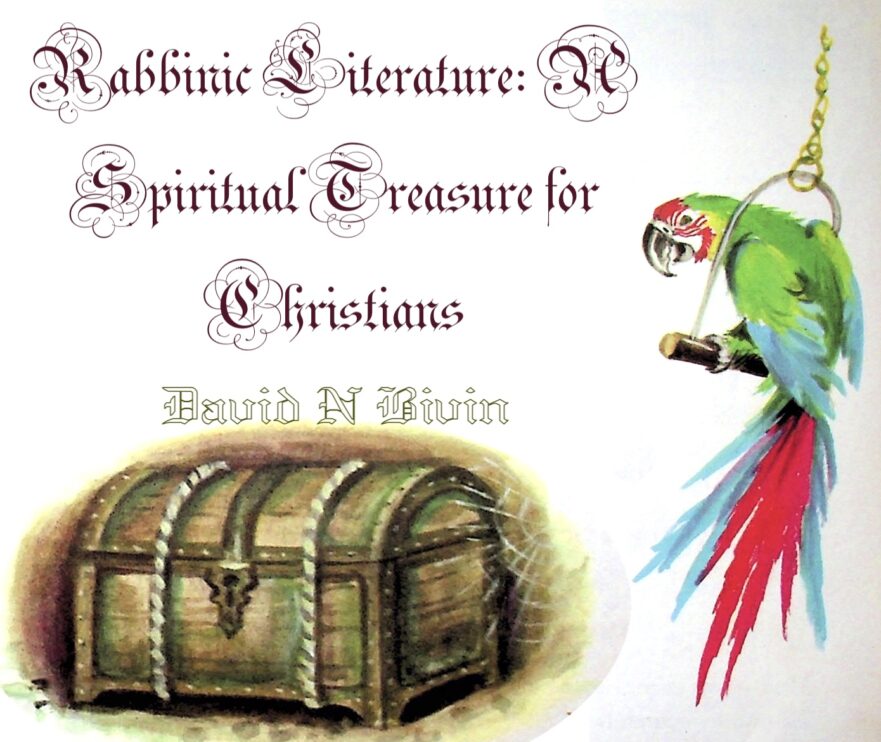David N. Bivin
FacebookDavid N. Bivin is founder and editor emeritus of Jerusalem Perspective. A native of Cleveland, Oklahoma, U.S.A., Bivin has lived in Israel since 1963, when he came to Jerusalem on a Rotary Foundation Fellowship to do postgraduate work at the Hebrew University. He studied at the…
[Read more about author]

